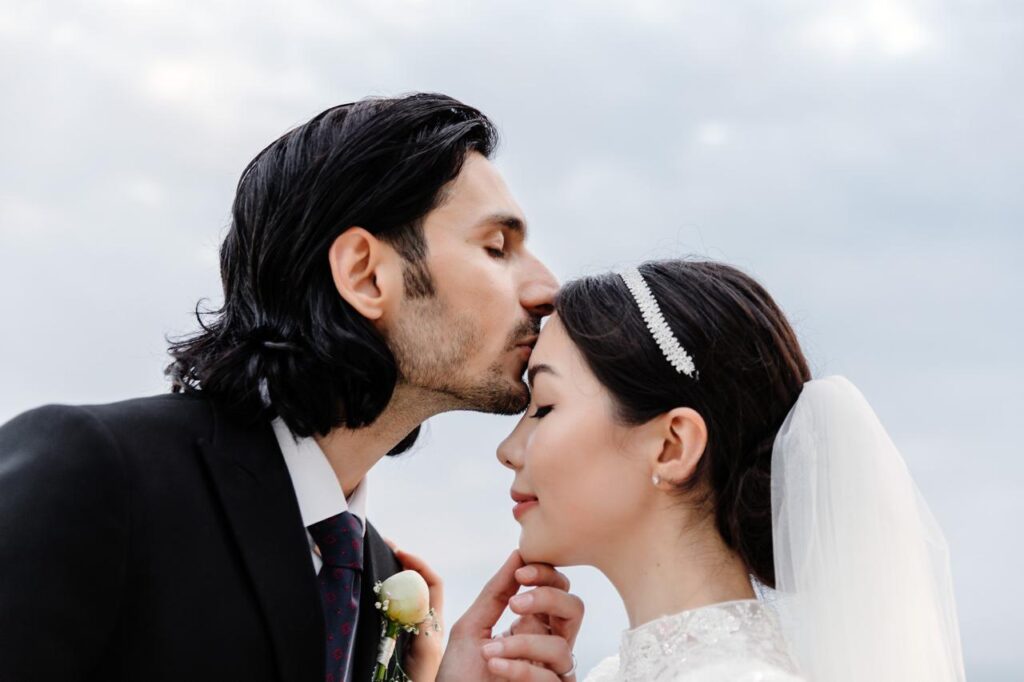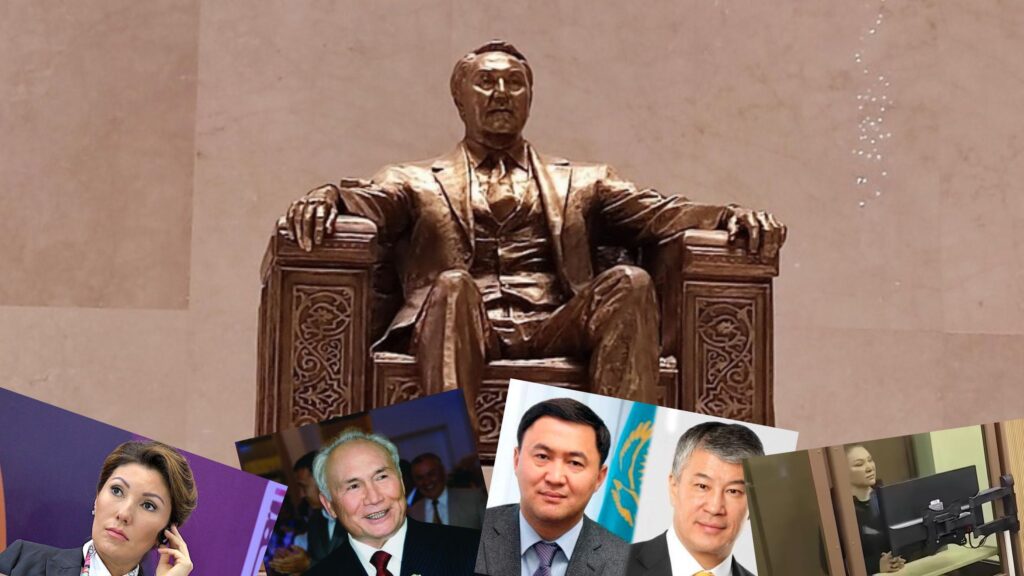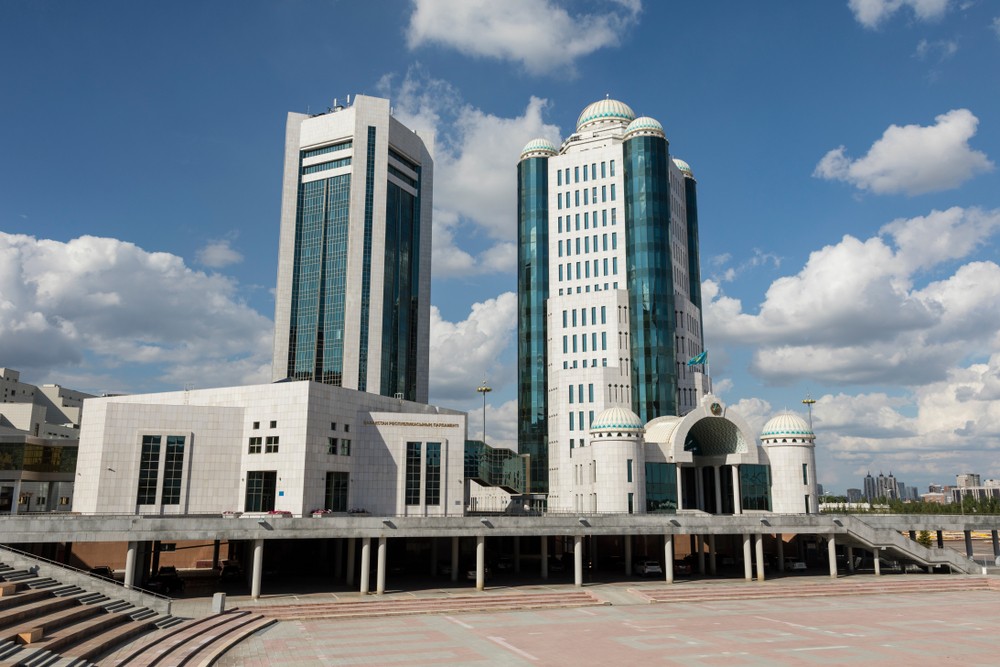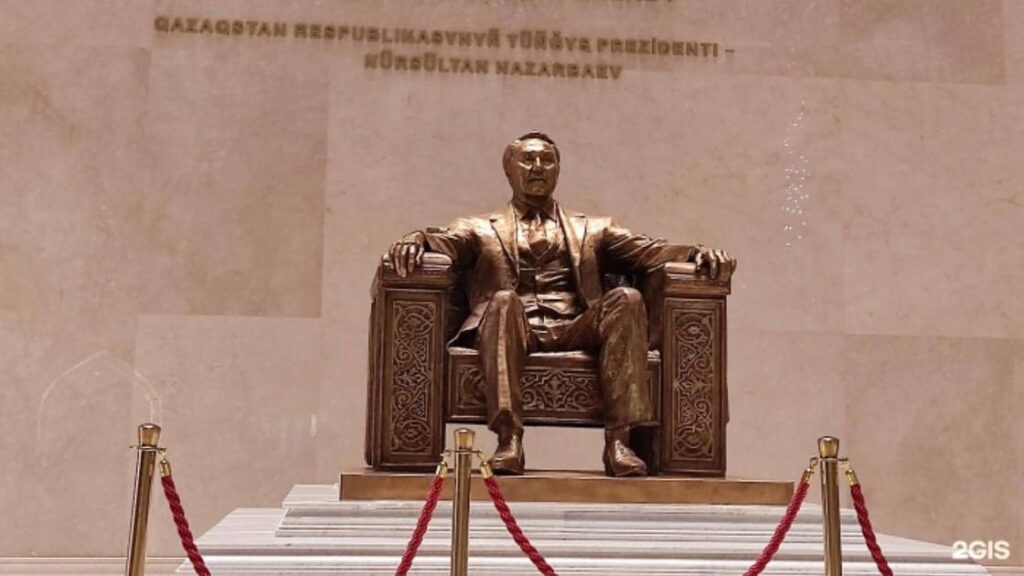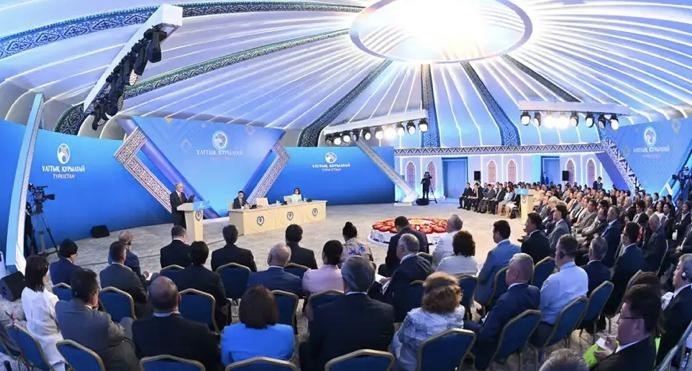Embracing Diversity: Love Blossoms Between International Couples in New Kazakhstan
Kazakhstan is a multi-ethnic country in which more than 130 ethnic groups coexist. According to the 2021 census, Kazakhs make up about 70% of the total population, while other ethnic groups make up the remaining 30%. This diversity of cultures and traditions creates a unique atmosphere for interethnic relations. The growing number of international couples in Kazakhstan can be attributed to this diversity. People of different nationalities are beginning to meet and start families, enriching their lives with new traditions and cultural aspects. One such couple is DJ, Ainura Tukubayeva, and Mehrdad Razavi, a fashion model, whose story together began in 2018. TCA spoke to Ainura to find out about their experience of living in Kazakhstan, and how the diversity of cultures has influenced their relationship. TCA: Tell us about yourselves, where did you meet? Ainura: My husband and I are an international couple. I’m from Kazakhstan and he’s from Iran. We first met in 2018 in Kuala Lumpur, Malaysia, at a party organized by a mutual friend. That night marked the beginning of our incredible journey together. TCA: How did your husband adapt to life in Kazakhstan? My husband's adaptation to life in Kazakhstan was remarkably smooth, largely because we were surrounded by family who showered us with love and support. This made a world of difference, helping him feel at home right from the start. The biggest challenge for him was definitely the weather. Coming from the tropics, the harsh Kazakh winter, with temperatures dropping to -30°C, was a real shock. I still remember the look on his face when he first stepped outside into the freezing cold; it was priceless! However, with time and plenty of warm clothing, he adjusted, and now he even jokes about how he's become a true Kazakh by enduring such extreme conditions. TCA: What has impressed him most about Kazakh culture? What really captivated him about Kazakh culture was the strong sense of community and the deep bonds within families. He was touched by how families are incredibly close-knit and how this sense of unity extends to the larger community, as well. There's a genuine spirit of togetherness here that he finds both comforting and inspiring. He also noticed how much people here love to celebrate life. Whether it’s a small gathering or a big event, Kazakhs know how to have a good time, and this joy for life is something he truly admires. It’s a nation of happy, resilient people, and that’s left a lasting impression on him. TCA: How did locals in Kazakhstan perceive you as an international couple? Our experience as an international couple in Kazakhstan has been overwhelmingly positive. We’ve been fortunate to be surrounded by incredibly supportive people who have gone out of their way to make us feel welcome and at home. Despite some stereotypes about international marriages, we’ve never faced anything that made us feel different or unwelcome. In fact, our friends and family have embraced us wholeheartedly, and this has...
